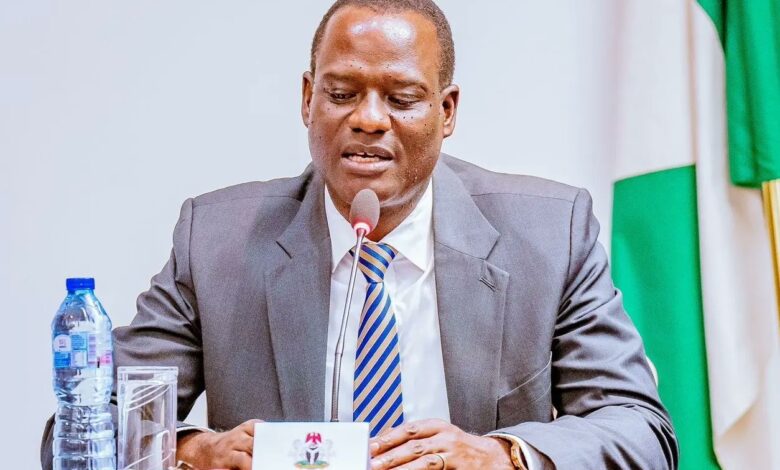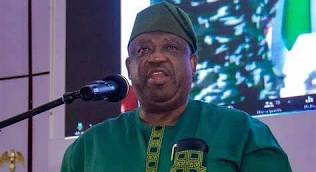Nigeria Set to Overhaul Tax System in July, Aiming to Boost Revenue and Stabilize Naira

The Nigerian government is on track to overhaul its complex tax system in July, according to Taiwo Oyedele, head of the Presidential Fiscal Policy and Tax Reforms Committee. This ambitious reform package aims to simplify tax collection, reduce the tax burden on businesses, and ultimately boost the country’s tax-to-GDP ratio, one of the lowest globally.
The core objective of these reforms is to streamline Nigeria’s intricate tax landscape. Currently, businesses and individuals grapple with a labyrinth of over 60 different taxes and levies. The government intends to consolidate these into a more manageable six, significantly reducing the administrative burden and enhancing compliance.
“Those reforms are transformational,” Oyedele emphasized during a recent public address. “They keep me excited. The reason why I have the energy to keep going is because of the possibilities I see in those reforms, which haven’t been done since independence.”
Nigeria’s tax-to-GDP ratio currently languishes at a mere 10.8%, significantly lower than the average for comparable economies. This low revenue generation hinders the government’s ability to fund critical infrastructure projects and social programs. The reforms aim to rectify this by increasing the tax-to-GDP ratio to at least 18% by 2026.
One of the key drivers behind these reforms is to address the persistent instability of the Nigerian Naira. Oyedele highlighted that Nigerian businesses are currently compelled to pay taxes worth over $3.5 billion annually in foreign currency, primarily US dollars.
“If I say to you that in Nigeria today, Nigerian businesses are being asked to pay levies and fees and taxes in dollars worth over $3.5 billion a year,” Oyedele explained, “You send your people to the forex market to look for dollars to pay the government. It does not add $1 to your supply, but it adds $3.5 billion to your demand. We are fixing that.”
By eliminating these foreign currency tax obligations, the reforms aim to reduce pressure on the Naira and stabilize the foreign exchange market.
While the reforms hold significant promise, they have not been without their detractors. Some Northern leaders have voiced opposition to the proposed changes, calling for wider consultations.
Despite these challenges, the government remains committed to implementing the reforms. Legislation is expected to be passed this quarter, followed by a period of preparation for implementation, with the official launch anticipated in July.
The success of these tax reforms will have a profound impact on the Nigerian economy. By simplifying the tax system, reducing the burden on businesses, and increasing revenue generation, the government aims to create a more conducive environment for economic growth and development.



